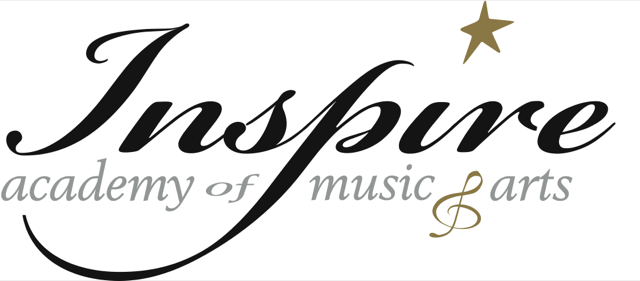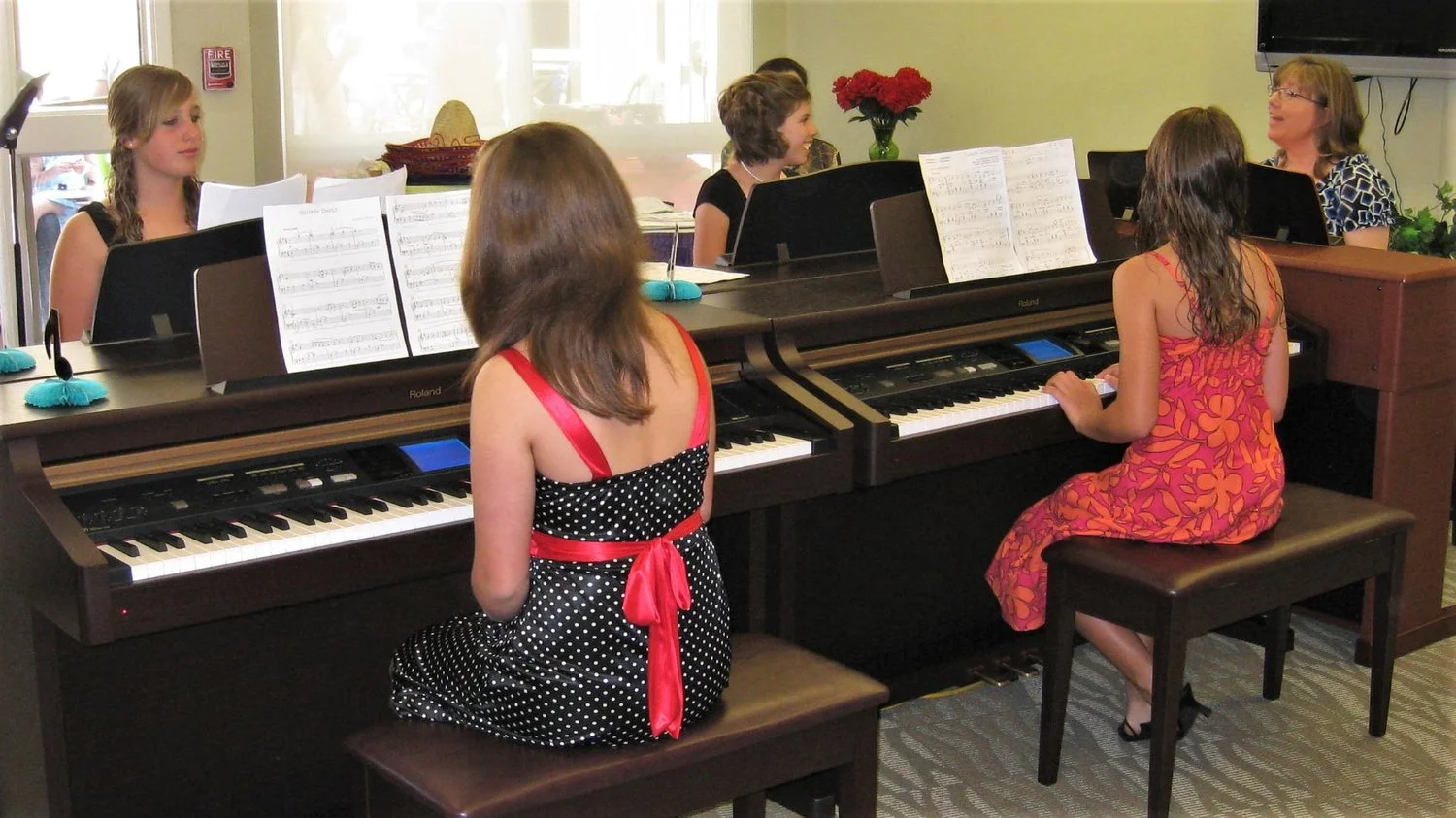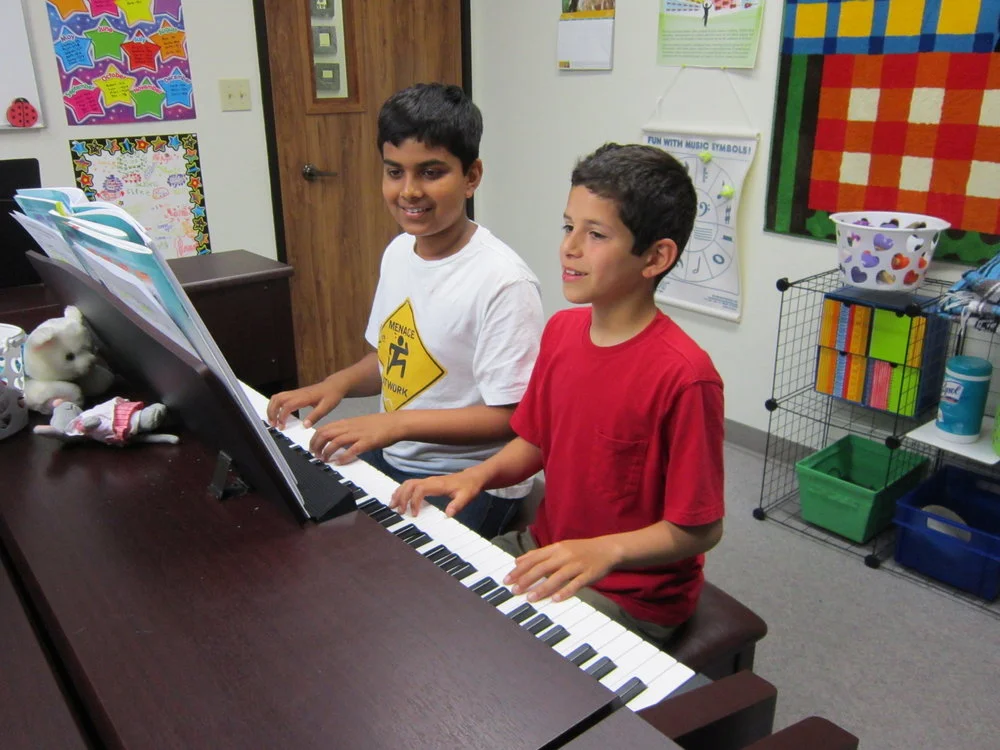The Benefits of Group Music Lessons
Why We Need Group Learning Today
Humans by nature continually seek to form connections, build communities, and foster bonds with one another. We need these connections as much as we need food, water, and shelter.
But today, it seems as though society encourages us to become ever more isolated from one another. With the increased role of technology in our daily lives, we seldom find the time to truly listen and connect with one another.
Humans naturally choose to do things in groups, and often times, we learn the most essential life skills by working with one another. It should come as no surprise that our children are mainly taught in group settings – the classroom at school, the baseball team, the youth orchestra. So why should music lessons be the exception?
Ensemble students continue with their musical education longer, spurred by the social bonds they form with other students
Music has always been meant to be played as a group
Every great composer has written solo masterpieces that have stood the test of time. But these composers – Mozart, Beethoven, and Tchaikovsky, among others – have also written music meant to be played in ensembles. Music has always been meant to be played as a group. The desire for ensemble playing is not a novel concept. Fortunately, the opportunities for students to learn in group settings are now readily available.
To get a feel for the potential of piano ensembles, watch our students play a special version of the Overture to Carmen, arranged by our Composer in Residence.
Students who learn in an ensemble learn so much more
In the beginning stages, both private and ensemble students are expected to learn certain skills – these abilities are fundamental to the future success of any musician. All musicians work towards excellence in note reading, technique, rhythm, and the ability to interpret music in a stylistically appropriate manner.
Students who learn in an ensemble, however, develop so much more.
For the ensemble to be successful, they must learn when to lead and when to provide support. Most of all, ensemble students develop their ability to effectively listen not only to themselves, but to their classmates around them. Students work towards the well-being of their entire class, learning that their personal success goes only as far as the success of the group.
Healthy competition also provides a motivating factor in each group. Generally, students come to class better prepared, wanting to play as well as their classmates.
Due to the friendships and camaraderie with other music students, ensemble students continue their musical education for a longer time.
Ensemble Playing Reduces Performance Anxiety
Stage fright often times begins in childhood, and if not addressed properly may carry on into adulthood. Within the safety of their group, students become accustomed to performing in front of an audience under pressure. That skill is imperative for any adult – whether for a job interview, presentation, or any leadership role.
The Uniting Power of Ensembles
Ensembles, like any other extracurricular activities in group settings – have the power to teach our children some of the most basic life skills such as cooperation and communication.
These skills have never been more needed in an age where technological advancements have largely diminished the importance of human interaction. Desire for that interaction is more acute than ever, and music – that has and always will connect people – has the power to provide it.
“Until now, the pianist has always been a lonely musician.”
At Inspire we use “Ensemble” and “Group classes” interchangeably, but really, our ensemble classes are so much more than a typical group class. Our classes are small (4 students or fewer) and the students are placed in classes based on age, musical skill, and their ability to progress through the curriculum. You will never find 6 year olds and 10 year olds in the same class at Inspire!
In addition to learning how to play their instrument, our ensemble students prepare for their twice-yearly recitals by playing pieces specifically written for ensembles. By mastering their individual parts and learning to play together, they get to experience the beauty and power of ensembles.
Call Inspire today at (925) 461-3266 to schedule a **FREE CONSULTATION** with our placement specialist!



